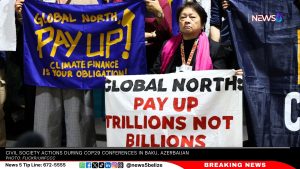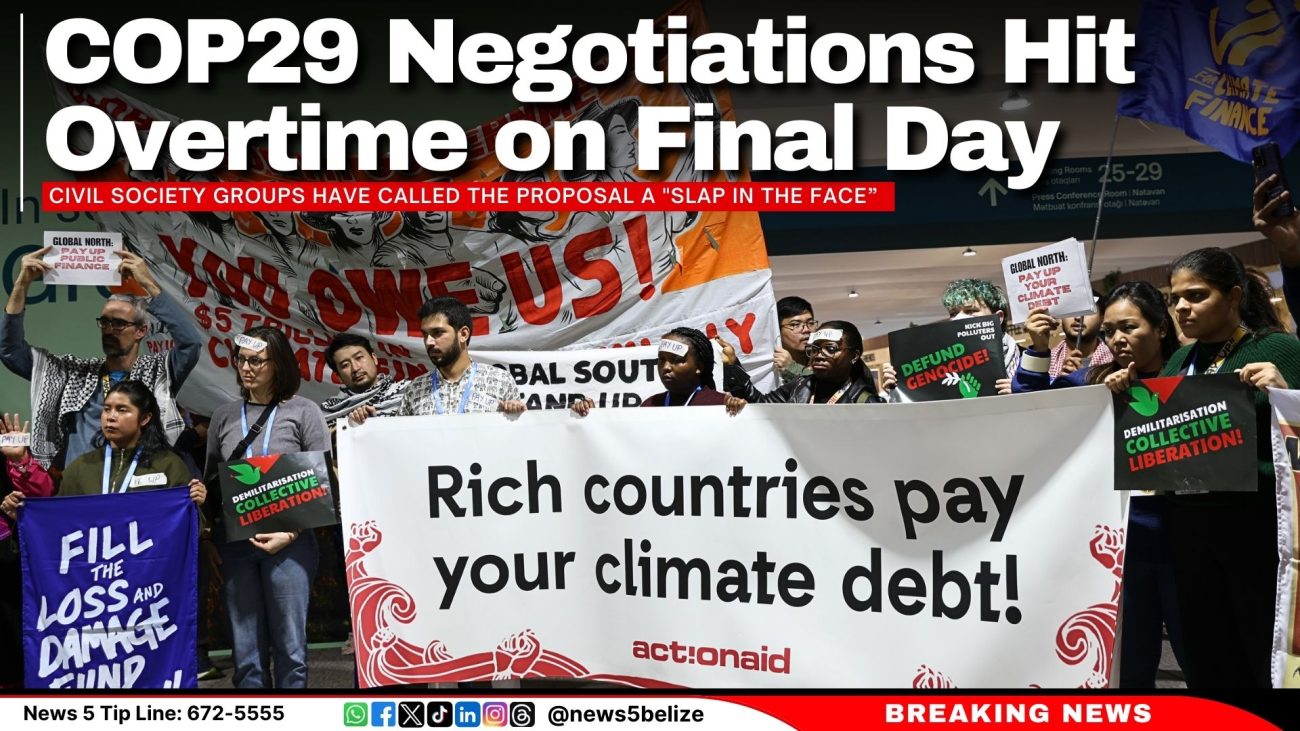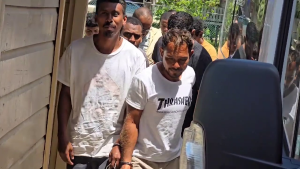COP29 Negotiations Hit Overtime on Final Day
It’s officially the last day of COP29 in Baku, Azerbaijan, and the frustration has grown to new levels. The UN reported that on the final day, negotiators received a new draft proposal aimed at tackling climate change financing. The deal suggests rich countries should commit $250 billion annually to help vulnerable nations deal with climate impacts and transition to renewable energy. It sets a broader goal of reaching $1.3 trillion per year by 2035, but crucial details about how the money will be raised remain unclear.

“This is disappointing at the very least,” said Namrata Chowdhary from 350.org, expressing frustration at the lack of concrete solutions. Many developing nations and environmental groups are critical of the deal, with Lidy Nacpil of the Asian Peoples’ Movement warning that climate finance should not be in the form of loans, as it increases debt burdens.
Civil society groups have called the proposal a “slap in the face,” while others like Jacobo Ocharan from the Climate Action Network urged negotiators to continue pushing for a better deal.
Sindra Sharma from the Pacific Islands Climate Action Network, an activist coalition, expressed “a complete sense of frustration” at the talks. “I’ve never seen a presidency like this, I’ve never seen a process like this,” she said.

The goal of COP29 is to establish a new global climate finance target known as the new collective quantified goal (NCQG) to replace the expiring $100 billion annual goal. The draft outlines a funding target ranging between $1 trillion and $1.3 trillion per year to help vulnerable nations adapt to climate change. However, the specifics of how to achieve this target remain unresolved, with divisions between developed countries and emerging economies, including China, over the role of private investment and which nations should contribute.
Azerbaijan, the host country, has been under pressure to mediate the talks and provide a balanced proposal. With negotiations running into overtime, UN Secretary-General Antonio Guterres stressed that “failure is not an option” and urged all parties to compromise. The outcome of these crucial talks will shape future climate action and determine the support available for nations like Belize that are most at risk from climate change.








Facebook Comments